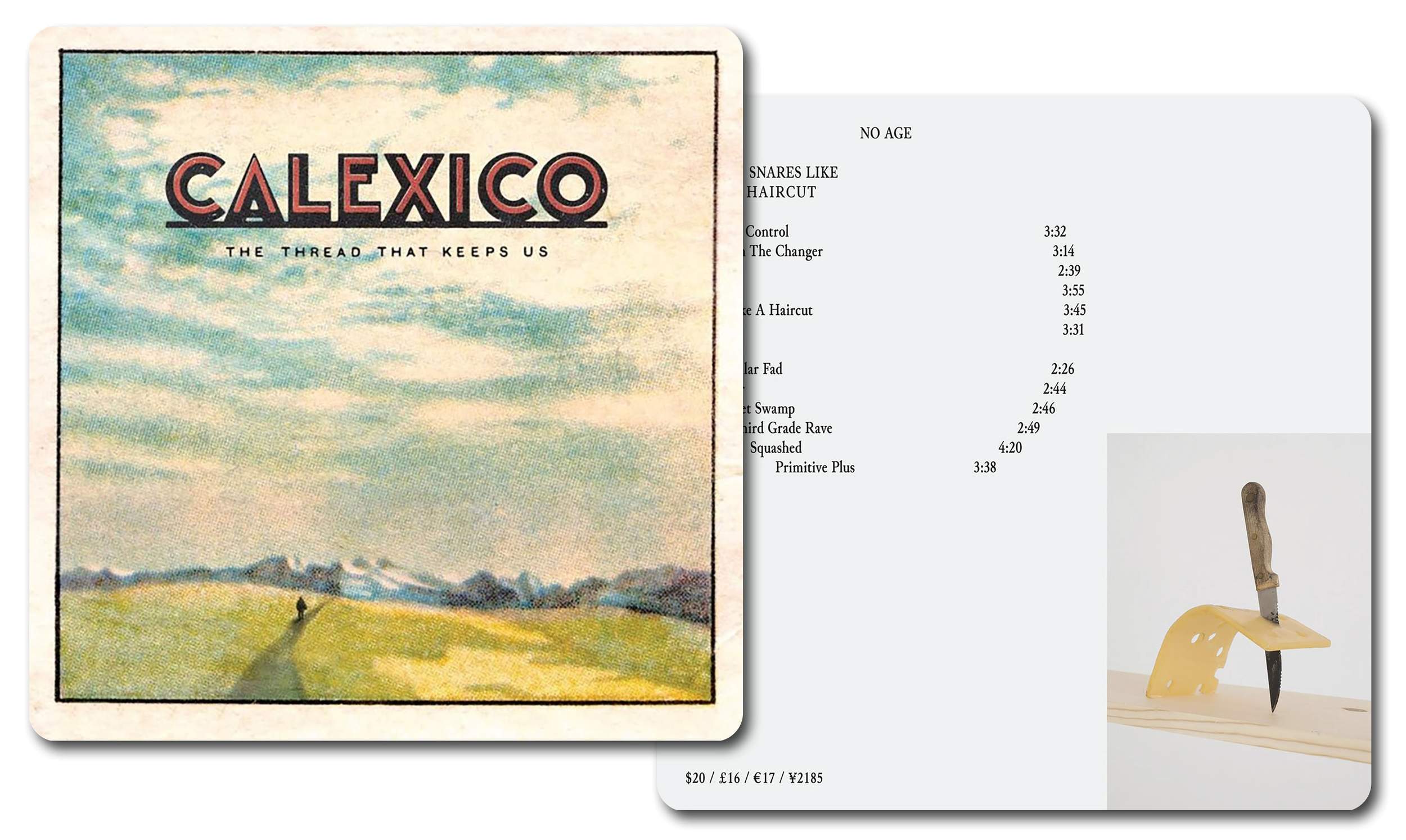Kirk James has done his blues homework. The local musician, whose full time job is doing graphic design, and whose other hobby-job is custom pin-striping on cars and guitars, has listened to the records, read the books, and consumed the music, making him a local aficionado on all things blues music, both onstage and off. He has a great knowledge of the genre, knowing what Winter brother played on what Muddy Waters records, when “Big” Bill Broonzy recorded and what got Broonzy and other early blues musicians to Europe, which hipped a bunch of young British guitar players to American blues.
It was those British musicians who turned a bunch of American kids onto the blues-music originators that had been making the music and defining the genre right in their own backyard for decades.
James was a kid digging on classic FM radio in Dallas, being raised on a hearty dose of The Rolling Stones, Led Zeppelin, The Yardbirds, and other Brit-rock bands that knew something a lot of Americans didn’t: Blues music was cool. These were the rock bands whose members had an appreciation of American blues music – the aforementioned Broonzy, Leadbelly, Lightning Hopkins. For most, The Stones and Yardbirds were just tunes on the radio, but James, who had an interest in music at a young age, needed to dig a bit further into what Jeff Beck, Jimmy Page, and Eric Clapton were listening to.
“Growing up in Dallas, there was a lot of music in the ’70s, and I listened to a lot of radio; it was before corporate radio was a thing,” said James. “I would listen to all these rock bands that I was into as a kid. But hearing all these musicians I really dug, I asked ‘What turned them on?’ A lot of them were turned on by old blues, and some old jazz and even some country, but I gravitated toward the blues. It worked for me and it gave me meaning. I could understand what was going on. That was while I was singing in church and playing piano. It veered over to something that made more sense to me than Beethoven, Bach and Mozart.”
It is important to note the blues-based British Invasion musicians were a major catalyst for American rock ’n’ roll fans, helping them discover first generation American blues musicians. Had it not been for the radio play of the Becks, Pages, or Claptons, many of these early blues players would have hung back in under-the-radar obscurity.
“It was a jewel that wasn’t appreciated in the U.S. That started that awareness; and then they all started appreciating what was going on. The British had the big appreciation, specifically those musicians. And those American blues players were hearing the different versions of their tunes, and then they were influenced by what they heard,” said James.
A study of the rich history of the genre is loaded with characters, people who lived for the music, and whose lives were a hard reflection of those lyrics. Audibly its remains the basis of so many other genres, heard in blues, rock, punk, jazz, jam. It’s a genre that works for Kirk James.
“It had meaning to me, in the sense that I could digest something to feel for instead of wanting to sound like somebody. I tried covering rock ’n’ roll and pop music and it just wasn’t my thing.”
Bryant Liggett is a freelance writer and KDUR station manager. [email protected].













